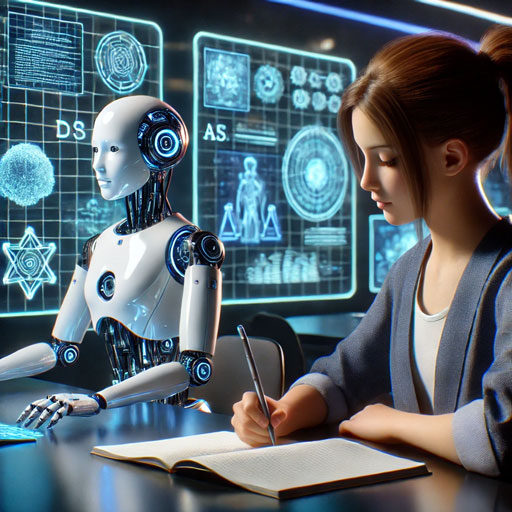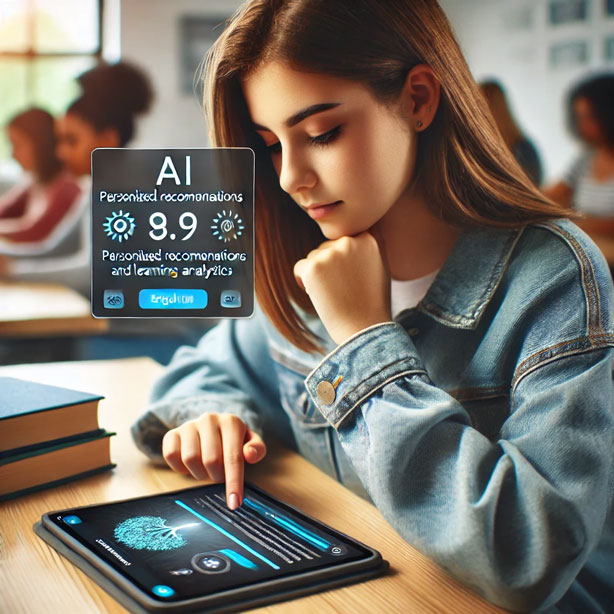
Top 10 Emerging Trends in Education for 2025
The world of education is undergoing a rapid transformation, driven by technological advancements, innovative teaching methods, and evolving student needs. As we step into 2025, several key trends are shaping the future of learning, making education more accessible, engaging, and personalized. Here are the top 10 emerging trends in education for 2025.
AI is revolutionizing education by enabling personalized learning experiences, automating administrative tasks, and enhancing student engagement. AI-powered tutoring systems analyze individual learning patterns and adapt content accordingly, ensuring that students grasp concepts at their own pace. Moreover, AI chatbots assist in answering student queries, grading assignments, and even providing career guidance.
1. Artificial Intelligence (AI) in Education

AI is revolutionizing education by enabling personalized learning experiences, automating administrative tasks, and enhancing student engagement. AI-powered tutoring systems analyze individual learning patterns and adapt content accordingly, ensuring that students grasp concepts at their own pace. Moreover, AI chatbots assist in answering student queries, grading assignments, and even providing career guidance.
2. Virtual and Augmented Reality (VR & AR)
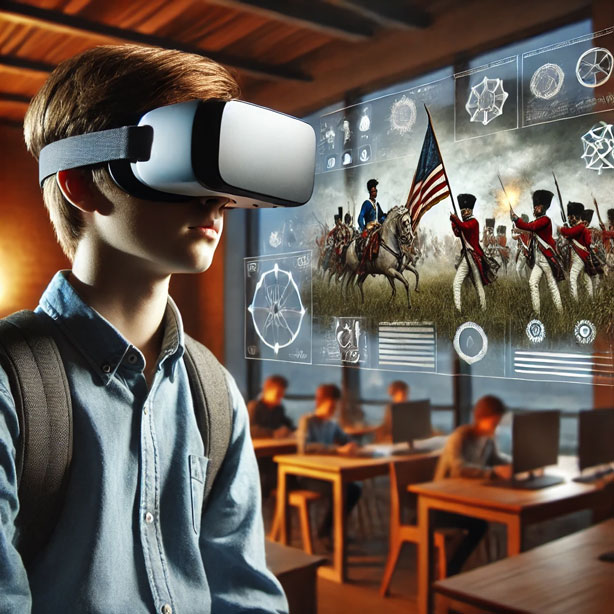
Immersive technologies like VR and AR are enhancing the way students interact with educational content. Instead of reading about historical events, students can experience them through VR simulations. Similarly, AR brings textbook content to life, making subjects like science and geography more interactive and engaging. These technologies are particularly useful in medical training, engineering, and arts education.
3. Hybrid and Blended Learning Models
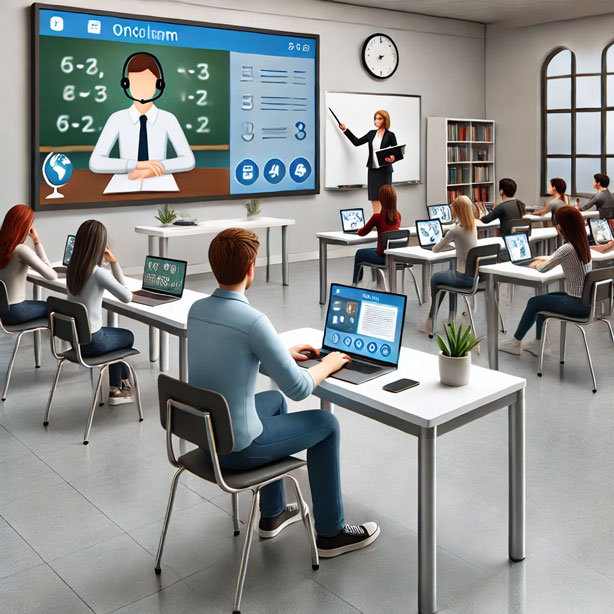
The pandemic accelerated the adoption of online learning, and in 2025, hybrid and blended learning models continue to evolve. These models combine in-person and online instruction to provide flexibility and accessibility. With the rise of Learning Management Systems (LMS) and digital collaboration tools, students can access educational resources from anywhere in the world.
4. Gamification in Education

Gamification, the integration of game-like elements into learning, is gaining traction in classrooms. By incorporating points, badges, leaderboards, and interactive challenges, educators can boost student motivation and engagement. This approach is particularly effective in subjects like mathematics, language learning, and coding, where interactive and competitive elements enhance comprehension.
5. Personalized and Adaptive Learning
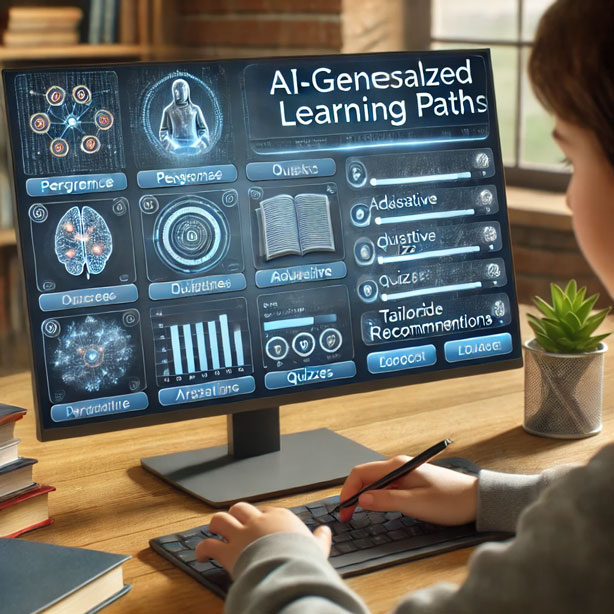
One-size-fits-all education is becoming obsolete. Personalized and adaptive learning platforms use AI and big data analytics to customize learning paths based on a student’s strengths and weaknesses. These platforms provide tailored assignments, quizzes, and recommendations, ensuring each learner receives a unique educational experience that suits their needs.
6. Blockchain in Education
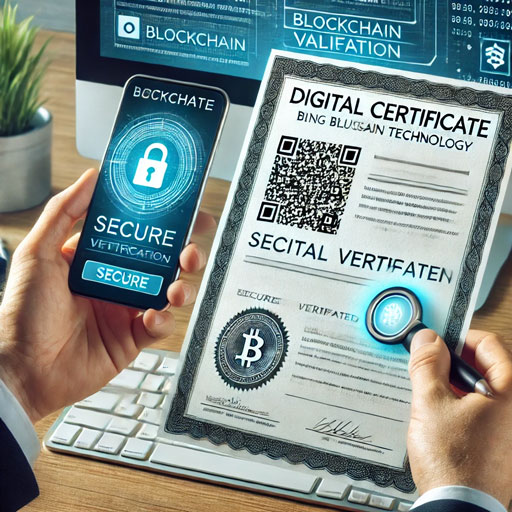
Blockchain technology is emerging as a game-changer in the education sector by providing secure and tamper-proof digital credentials. Universities and employers can verify degrees and certifications instantly, reducing fraud and administrative burdens. Additionally, blockchain enables decentralized learning platforms where students can earn micro-credentials and lifelong learning certificates.
7. The Rise of EdTech Startups
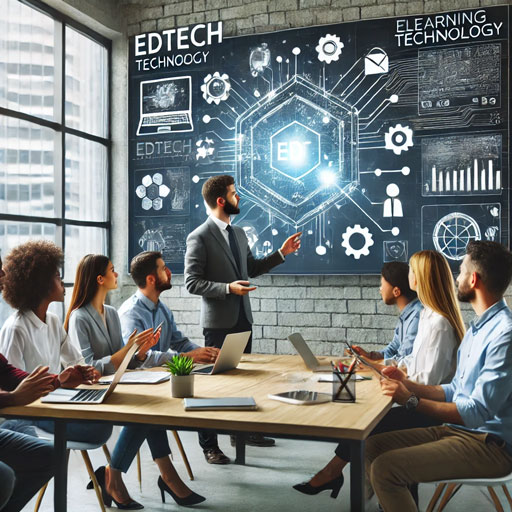
EdTech startups are driving innovation in education by developing cutting-edge solutions that cater to diverse learning needs. From AI-driven tutoring apps to immersive VR classrooms, these startups are making quality education more accessible. Governments and investors are increasingly supporting EdTech initiatives, fueling further growth in this sector.
8. Focus on Soft Skills and Emotional Intelligence

In the modern job market, technical skills alone are not enough. Employers are seeking candidates with strong soft skills such as communication, teamwork, problem-solving, and emotional intelligence. Schools and universities are incorporating programs that focus on leadership, resilience, and empathy to prepare students for future careers.
9. Sustainable and Green Education Initiatives
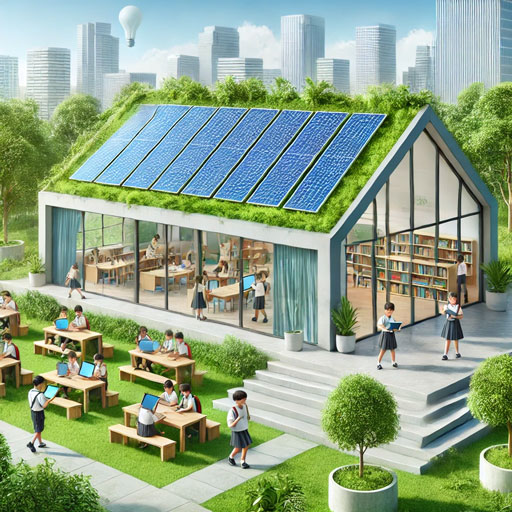
With climate change becoming a pressing global issue, education institutions are adopting sustainable practices. Green campuses, eco-friendly curricula, and courses on environmental sustainability are gaining popularity. Schools are also incorporating digital textbooks and reducing paper usage to minimize their carbon footprint.
10. Lifelong and Microlearning Opportunities
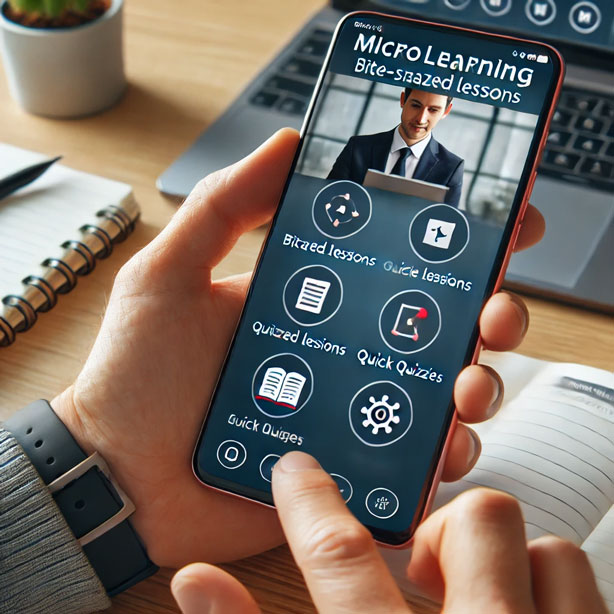
The concept of lifelong learning is becoming more relevant as industries evolve rapidly. Microlearning, which involves short, focused learning modules, allows professionals to upskill and reskill efficiently. Platforms like Coursera, Udemy, and LinkedIn Learning are expanding their offerings to cater to diverse learning needs across different age groups and industries.
Conclusion
Education in 2025 is more dynamic, inclusive, and technology-driven than ever before. The integration of AI, VR, blockchain, and personalized learning is transforming traditional classrooms into interactive and adaptive learning environments. As these trends continue to evolve, educators, students, and policymakers must embrace the change to ensure a more effective and future-ready education system.
By staying informed about these emerging trends, institutions can better prepare students for the challenges and opportunities of the future. The future of education is here, and it is an exciting time to be a learner!



